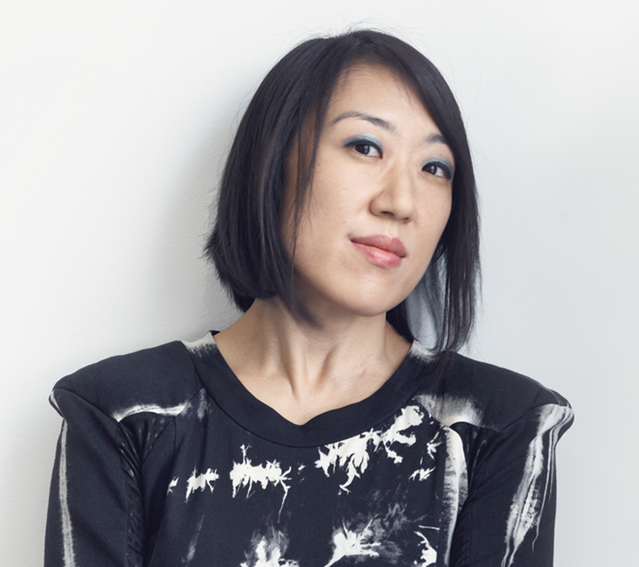How Young Jean Lee's Plays Push the Envelope
Shaking up stereotypes is a powerful way to get an audience's attention.
By Matt Huston published July 3, 2018 - last reviewed on September 3, 2018
Expect playwright Young Jean Lee to confound your expectations. Her edgiest plays wrongfoot the audience with non sequiturs and warped ethnic tropes: Women in traditional Korean dress perform grisly pantomimes; a black man in a tux proclaims to a friend, “I’m going to rob people and shoot them and also sell drugs. You should do it, too.” In Straight White Men, her first show on Broadway, grown brothers horse around like boys in one scene and face deep tensions the next. Each surprising turn prompts a closer look at what makes us uneasy.

Q: What do you hope to accomplish by focusing on touchy topics?
Audiences typically have one of two reactions to stereotypes: There are people who enjoy them and want permission to do so, and there are people who get really angry. So I do a lot of testing with audiences to try to get them somewhere in the middle—the way the stereotype is executed is complicated or strange or unfamiliar enough that they aren’t exactly sure how to respond. That tends to make them more aware of how they’re reacting and think more about what they are seeing. I think that one of the biggest defense mechanisms is labeling and dismissing. That’s offensive: Dismissed. That’s hilarious: I don’t have to think about it.
Audiences are often protected from what they’re viewing. There’s a safe distance—I’m the consumer, and this is the entertainment that is being provided—that is not very conducive to confrontation and intimacy. So in Straight White Men, for example, two gender nonconforming characters greet and interact directly with audience members before the show. In my experimental work, there’s always a moment when the actors look out at the audience. It’s a way to let them know they are not safe behind the fourth wall: I can see you and I’m listening to you, and we’re having an exchange of energy in this room.
Someone who saw one of my shows once told me, “I felt very unsettled when I left. I wasn’t sure what I just saw or how I should feel about it, and I needed to talk to somebody.” I think the more conversation that happens afterwards, the better. We hold conflicting beliefs, desires, and ideas in our heads at all times, and we try to avoid having to confront them.
